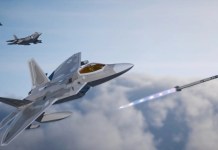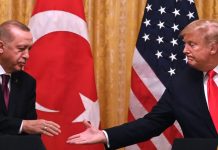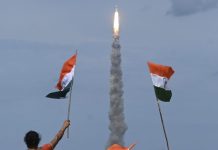It is becoming increasingly obvious that the formation of the AUKUS alliance among Australia, the UK, and the US only advanced the “death” of the otherwise “dying” 2016 submarine deal between Paris and Canberra.
India’s Pride, Neighbour’s Envy – Why Rafale Jets Find Few Global Buyers Compared To Eurofighter Typhoons?
But in the process, it has exposed once again the historical love-hate relationship between France and the US on the one hand and revealed the deep chasm or rivalry that exists among the arms manufacturers of the Western countries on the other.
The AUKUS Alliance
Broadly, the AUKUS alliance talks of developing joint capabilities and information and technology sharing among the three countries, benefiting thus the areas in cyber security, artificial intelligence, and quantum communications.
But, it is essentially meant to protect the undersea fiber-optic cables that provide part of the military and civilian communication for the West with the help of nuclear submarines that will be built jointly. In fact, Australia now is the second country after the UK with which the US will be sharing the technology of a nuclear submarine.
It may be noted that compared to diesel-powered submarines, the nuclear ones have a longer range, are generally quieter, and are more difficult to detect. But there are also disadvantages with them. They are more technically complex and have a higher level of technical secrecy.
Besides, they require nuclear materials restricted for most states. It depends on the level of enrichment of uranium in the submarines. The US and UK submarines are believed to use 93-97% HEU, the level of enrichment for uranium in nuclear weapons.
However, since they are used for naval propulsion, not for weapons purposes, nuclear submarines do not come under nuclear safeguards or nonproliferation treaties like the NPT, to which Australia is a signatory.
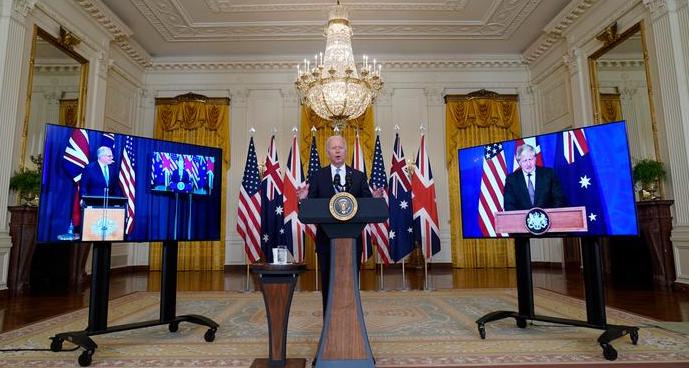
Australia always has favored nuclear submarines. If in June 2016, it signed a contract with French company DCNS (now known as Naval Group) to build 12 Barracuda diesel submarines, it was mainly due to public opinion then all over the world against things nuclear, following the Fukushima nuclear plant tragedy in Japan in 2011.
However, the interesting aspect of this deal, worth 50 billion Australian dollars (€31 billion) then, was that Canberra went for it because the French Barracudas had the ability to switch from diesel to nuclear power (LEU, enriched to less than 20 percent).
This advantage of the Barracudas proved decisive. Otherwise, the Japanese and German firms were ahead in the race for the Australian deal with alternative designs. Obviously, they did not like when the French stole the show.
India-Specific Submarine Data Leak
And it so happened that just before the Australia-French deal was signed, the Australian media (The Australian) leaked detailed plans, running to 22,400 pages, of the secret combat capability of the six Scorpene-class submarines that DCNS had designed for the Indian Navy.
According to The Australian, the data was reportedly taken from France in 2011 by a former French Navy officer, and it then made its way to a company in Southeast Asia; but it was unclear how widely the leaked data had been shared. The Indian Ministry of Defence (MoD), on the other hand, was certain that the place of origin of the leakage was not India.
However, the DCNS in Paris suggested otherwise by assuring the Australian authorities that this sort of leak could not happen on the Australian submarine project because there were tighter controls on the Australian project as compared to that in the Indian project.
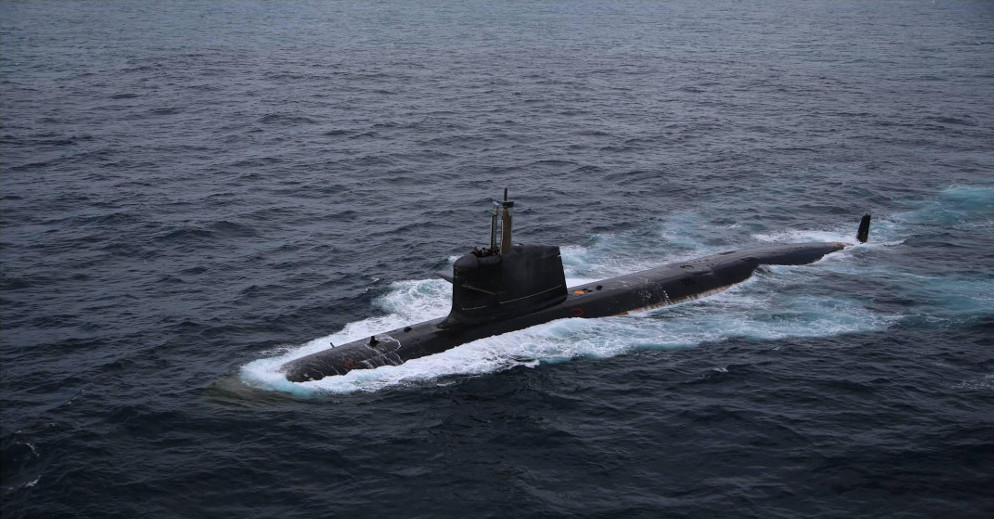
The DCNS argued that as far as the Australian project was concerned, the company was responsible for safeguarding sensitive information both in France and in Australia, whereas in India it was merely “the provider and not the controller of technical data”.
That the DCNS subsequently changed the India-specific designs for the Scorpene-class submarines is a different story, but what the controversy just before the inking of the deal in Canberra did was that it sowed the seeds of suspicion about the French capacity to keep secrets in weapons-making.
Seeds Of Suspicion
Australian critics were not convinced that the leak did not originate from France in 2011, as the leaked data also contained details of DCNS projects unrelated to India.
Secondly, the leak revealed the intense rivalry among the arms manufacturers of the Western countries. As has been pointed out, DCNS had a strong rivalry with Germany and Japan. And this was also the time when systematic campaigns started in India against the Modi government’s decision to buy the French Rafale fighters, which had won a close race with the Eurofighter Typhoon, Mig 35 (Russia), F/A 18 Super Hornet (the US), Saab Gripen (Sweden) and F-16 E/F (the US).
The point, thus, is that the French-Australian Barracuda deal was signed amid controversies, and these controversies grew further with each passing year since then, both on the price front and scheduled deliveries.
Signed at 50 billion Australian dollars (€31 billion) in 2016, at the last count this year, the projected cost had gone up to around 90 billion Australian dollars (€56 billion).
Secondly, while the first submarines were originally intended to enter service by the “early 2030s”, within two years (by 2018), it was rescheduled, to the much discomfiture of the Australians, to 2035. And this year, there have been reports that the last Barracuda could have entered service by 2050 only.
The delayed deadline heightened Canberra’s concerns about the relevance of the new ships in the face of the continuing growth of China’s navy, particularly Beijing’s development of unmanned underwater vessels.
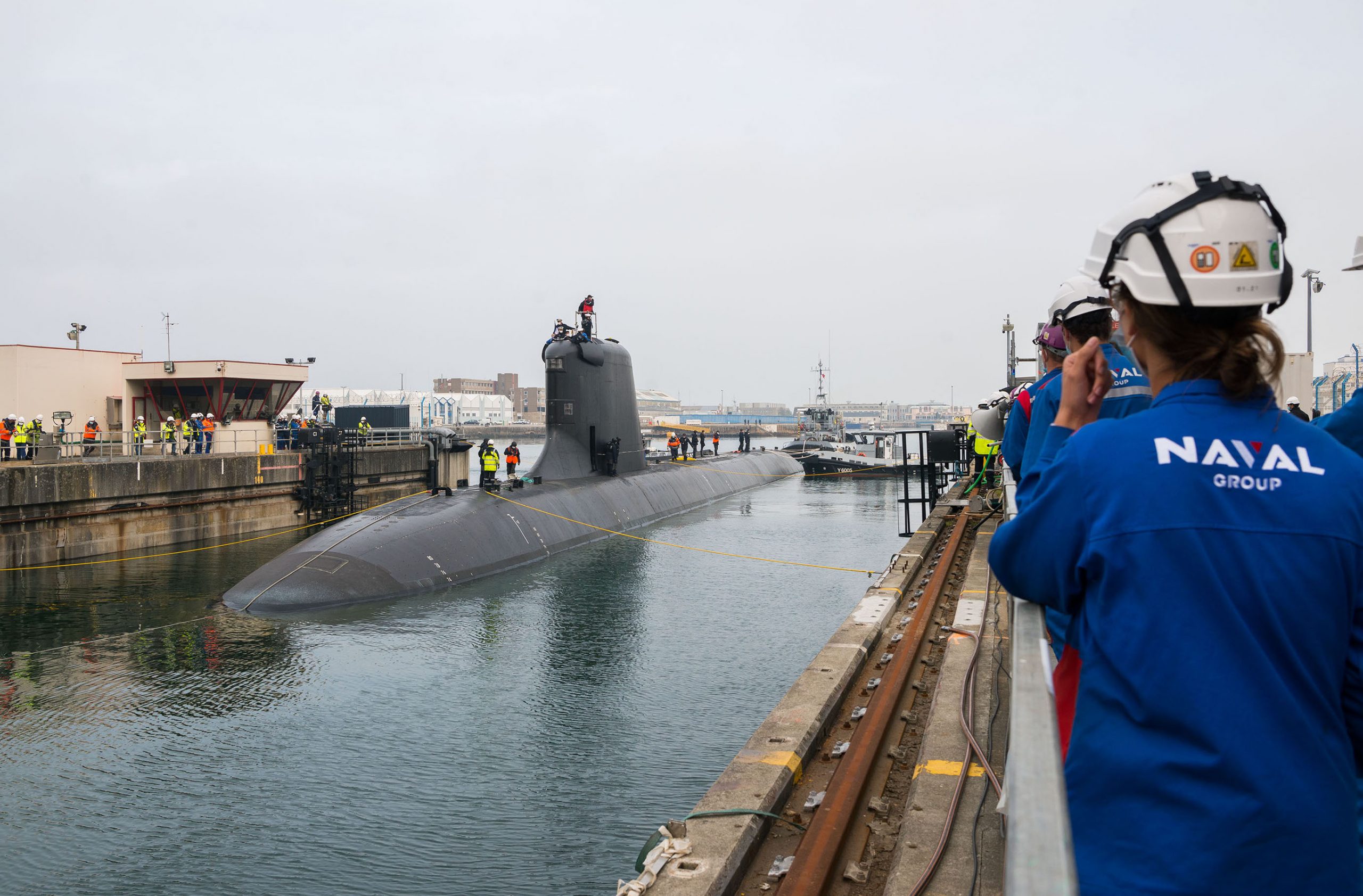
Thirdly, there was a dispute over local industry involvement in the construction of the French submarines. When the deal was signed in 2016, it was said that the Barracudas would be built in Australia, with 90 percent local inputs, sustaining 2,800 local jobs.
By 2020, Naval Group had reportedly revised the 90 percent local input figure down to 60 percent. This year, it is alleged that the French wanted this figure to further come down on the ground that “Australian industry wasn’t up to scratch.”
Now that the deal is virtually dead, the French are threatening to resort to legal recourse, which will cost the Australians dear, if successful.
But the Australians say that they have a legal defense in one of the clauses of the deal that says that either Canberra or the French firm could terminate it unilaterally “where a Party’s ability to implement the Agreement is ‘fundamentally impacted by exceptional events, circumstances or matters’.”
France-US Tussle
Only time will say who will win the legal battle, but one thing is clear that the deal took birth and grew with troubles. What really hurts the French most now is that the Americans are a party to the deal’s rupture. It is not surprising that France has recalled its ambassador to the US (also the ambassador to Australia) to register its protest.
The bitter body chemistry between French President Emmanuel Macron and US President Donald Trump was an open secret. But for the French leaders, President Joe Biden has acted even worse.
But then the “affair” between Paris and Washington has always been stormy. No two countries have this mutual attitude of love and hate as France and the United States.
“The ?? choice to exclude a ?? ally and partner such as ?? from a structuring partnership with Australia, at a time when we are facing unprecedented challenges in the Indo-Pacific region (…) shows a lack of coherence that ?? can only note and regret.”https://t.co/ruGnJkQAWa
— French Embassy U.S. (@franceintheus) September 16, 2021
French ideas of liberty and equality inspired the American War of independence. France was the country of Lafayette (American revolutionary hero). France gave America the Statue of Liberty. The French philosopher, Montesquieu, had a profound influence on Jefferson. And it was French L’Enfant who was the designer of Washington, DC.
20 Years Ahead Of Schedule, Why ‘Mighty’ Eurofighter Typhoons Are Being Retired By The Royal Air Force?
During the Cold War, France remained a steadfast ally of the US, particularly during the Cuban Missile crisis when it mattered the most. And yet, France has never considered itself second to the US on the matter of its honor and dignity. French President Charles de Gaulle clashed with the US while seeking the country’s autonomy with NATO.
All French presidents since de Gaulle have asserted their own nuclear policy, different from the path dictated by the US (a factor that explains why France has always been India’s most dependable ally).
France has never hesitated to take a position outside the prism of the US-Soviet rivalry. France has been a bitter critic of America’s policy in Iraq and Libya.
However, despite these policy differences between their leaders, the French and Americans love each other at the people’s level, if periodic opinion polls in both the countries which take place from time to time are any indication.
As one scholar has explained, “the rivalry between France and America is based on their remarkably similar self-images: the two countries both think they invented the rights of man, have a unique calling to spread liberty around the world and hold a variety of other attributes that make them utterly and admirably exceptional. Jealousy also plays a part.”
Viewed thus, the French-American Affair will endure the AUKAS-Barracudas fracas.
- Author and veteran journalist Prakash Nanda has been commenting on politics, foreign policy on strategic affairs for nearly three decades. A former National Fellow of the Indian Council for Historical Research and recipient of the Seoul Peace Prize Scholarship, he is also a Distinguished Fellow at the Institute of Peace and Conflict Studies. CONTACT: prakash.nanda@hotmail.com
- Follow EurAsian Times on Google News

